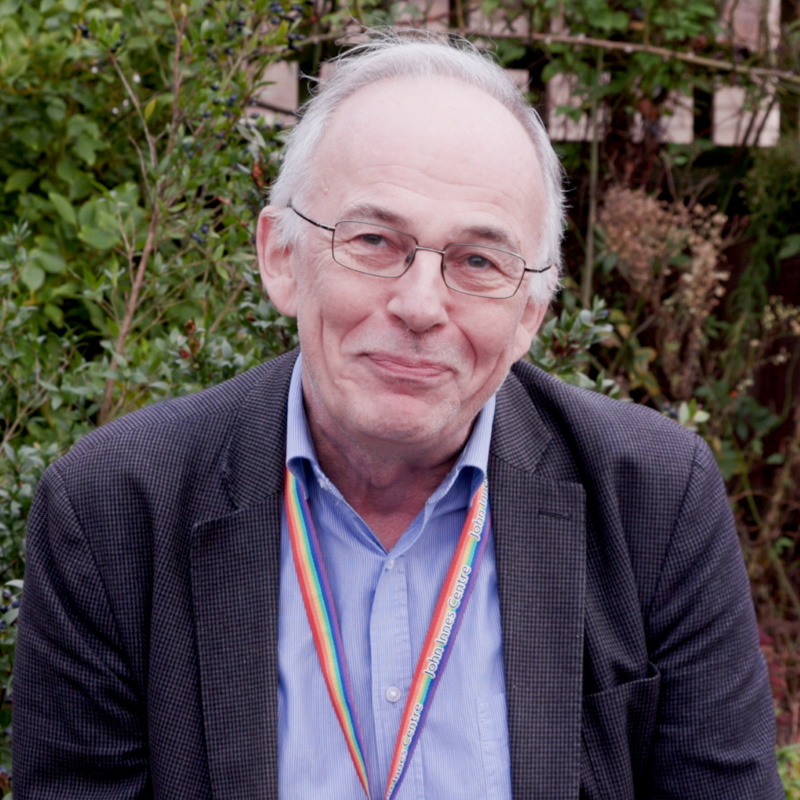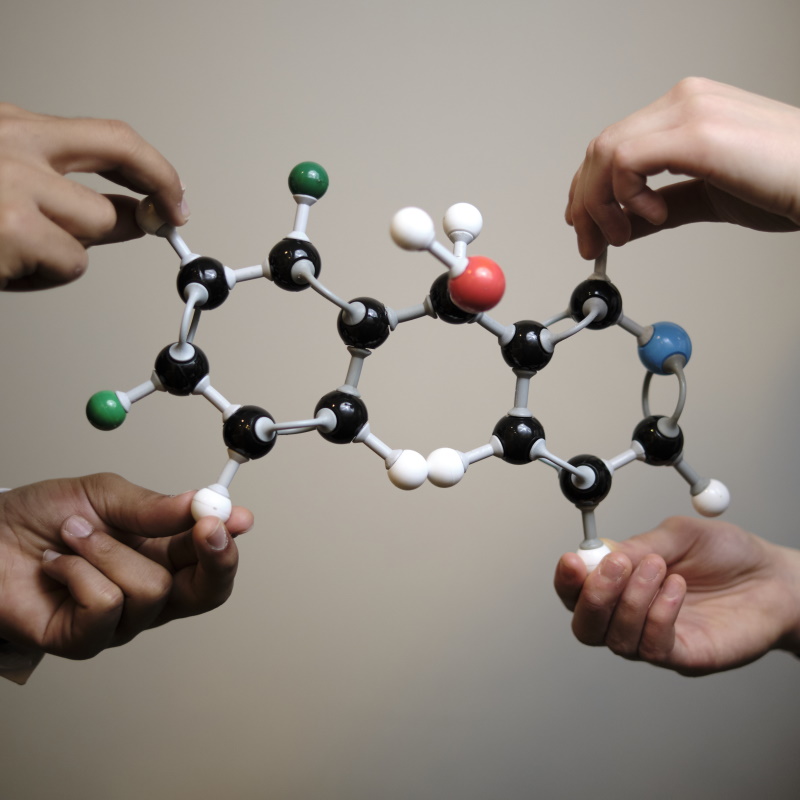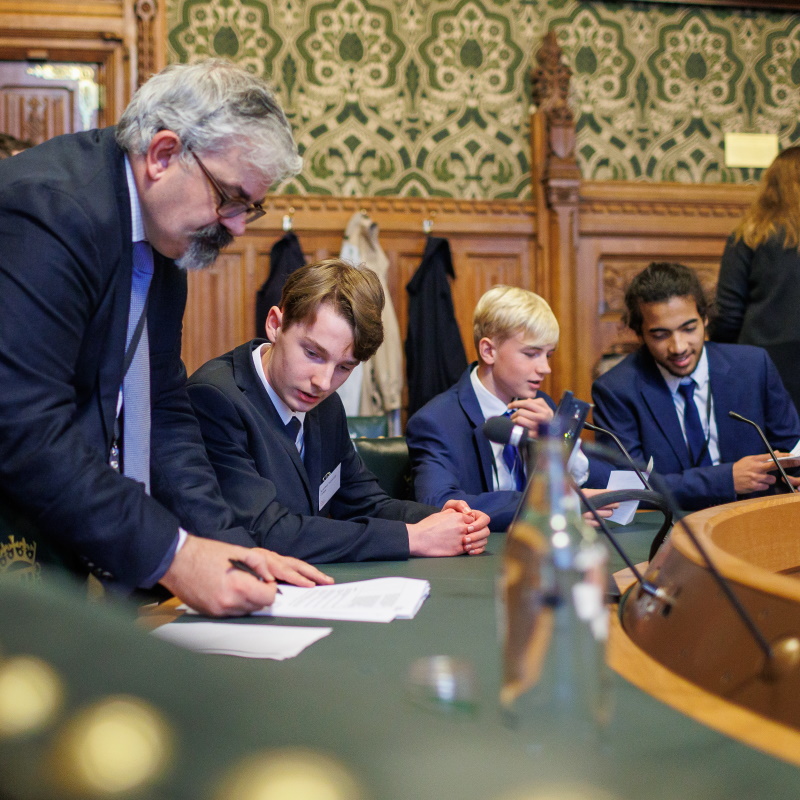Professor Dale Sanders FRS, Director of the John Innes Centre, discusses the challenges of building a sustainable, healthy and equitable food system.

In the run up to COP26, I am pleased to see that one topic getting a lot of attention is the connection between food production and environmental impact.
Earlier this year I was asked to lead a project for the Royal Society, working with them on a briefing on resilient food production in a time of climate change (PDF). It was fascinating to bring this together and it made me think about my own environmental impact and food choices.
Many of us are privileged to have a choice in what we eat. With these choices comes the opportunity to reduce our own impact on the planet.
It certainly isn’t my place to tell anyone what to do with their own food choices, but I am pleased that this issue has become so prominent. Increasingly people are making more informed choices, and are aware of how these decisions impact the planet for future generations.
The links between food and climate
With a growing global population, we know we need to be doing more to sustainably feed everyone. Global consumption patterns are likely to increase the risks of food insecurity in the coming decades, and the climate emergency has the capacity to cause widespread disruption to global food supplies.
It is, unfortunately, an irony that agriculture itself is a significant cause of the climate crisis that is impacting yields, putting food availability at risk.
Agriculture needs to meet twin challenges – reducing its carbon footprint to create a more sustainable system with less impact on the planet, alongside becoming more resilient to the impacts of climate change.
Added to this are the further challenges of meeting the food needs of more than nine billion people, and trying to limit damage to biodiversity along the way.
What role does science play in securing agricultural and food production system to overcome these challenges?
We need to develop new agricultural technologies and practices to reduce the sector’s contribution to the climate emergency and science can play an important role in this.
A few weeks ago my colleagues wrote about work that John Innes Centre is doing to harness the power of plants and microbes to combat climate change. From sustainably produced proteins, new ways of farming, to nitrate sensors can be used to decrease fertilizer use, our research is helping to decrease the carbon footprint of agriculture.
And for a broader look at research across the sector, the Royal Society briefing I mentioned earlier summarises work in this area (PDF).
The role of genetics
Genetic approaches offer a real opportunity to decrease fertilizer and pesticide use, and in turn reduce the carbon footprint of food production.
The recent rapid expansion of genome sequencing, paired with technologies such as gene editing, offers new ways to improve the crops grown for food for the benefit of the environment and human health.
Given this, I was surprised to see how little there was on the role of genetics in meeting food challenges, in the National Food Strategy when it was published last month. The independent review led by Henry Dimbleby recognised that investment in research funding is essential to create a better food system. But there was little on the role of crop genetics.
At the John Innes Centre, we signed a joint statement with other leading UK plant science organisations, saying that the Government needs to support innovation with a more coherent R&D strategy for crop genetics and new regulatory framework. Because it is clear that we don’t just need science to solve these challenges, we also need policies that support sustainable agriculture and help drive practice.
A ripe opportunity
I am optimistic that now more than ever that the topic of sustainable agriculture, food production and its impact on our environment will get some serious consideration in the coming months. We can use the power of science and genetics to address these issues, reducing inputs into agriculture and to build climate resilient crops.
The National Food Strategy will be followed by a Government White Paper on the same topic within a year. The UN is about to hold a Food Systems Summit, and COP26 is taking place in Glasgow later this year.
It feels like we have a real opportunity to think about food production, and to make sure we get it right.
Building a sustainable, healthy and equitable food system is a huge challenge. But we must urgently address the fact that the food we eat is damaging our planet, and meetings like these give us an opportunity to do so.
This blog post has also been published by the John Innes Centre. You can read more articles from Professor Dale Sanders' Directors' blog series on the John Innes Centre website.




